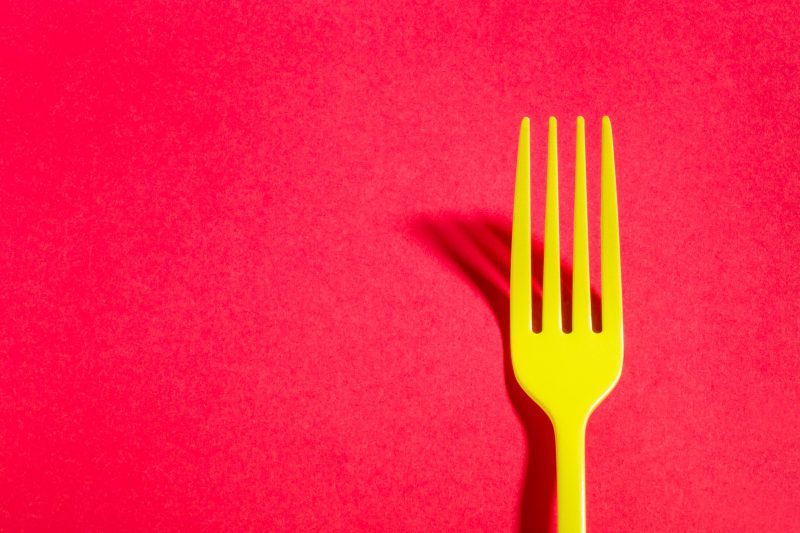
(Amanda MacMillan/ Time) — People looking to lose weight might try all kinds of ways to eat fewer calories. Now, a study in BMJ Open sheds some light onto which of those strategies actually work: Based on data from nearly 60,000 people, three behaviors—eating slowly, cutting out after-dinner snacks and not eating within two hours of going to bed—were linked to lower obesity rates and smaller waistlines.
The study looked specifically at people in Japan with type 2 diabetes who had one to three health check-ups between 2008 and 2013. During those appointments, people were asked about their eating and sleeping habits, including how fast they typically ate and whether they regularly skipped breakfast, snacked after dinner or ate before bed. They were also asked about their alcohol and tobacco use.
At the start of the study, more than half of the people said they ate at a normal speed, while about a third said they tended to eat fast. Only about 7% of people called themselves slow eaters.
Compared to those who wolfed down their food quickly, those who ate at a normal speed were 29% less likely to be obese. People who ate slowly were 42% less likely to be obese. And although absolute reductions in waist circumference over the course of the study were small, they were greater among slow and normal eaters. (…)